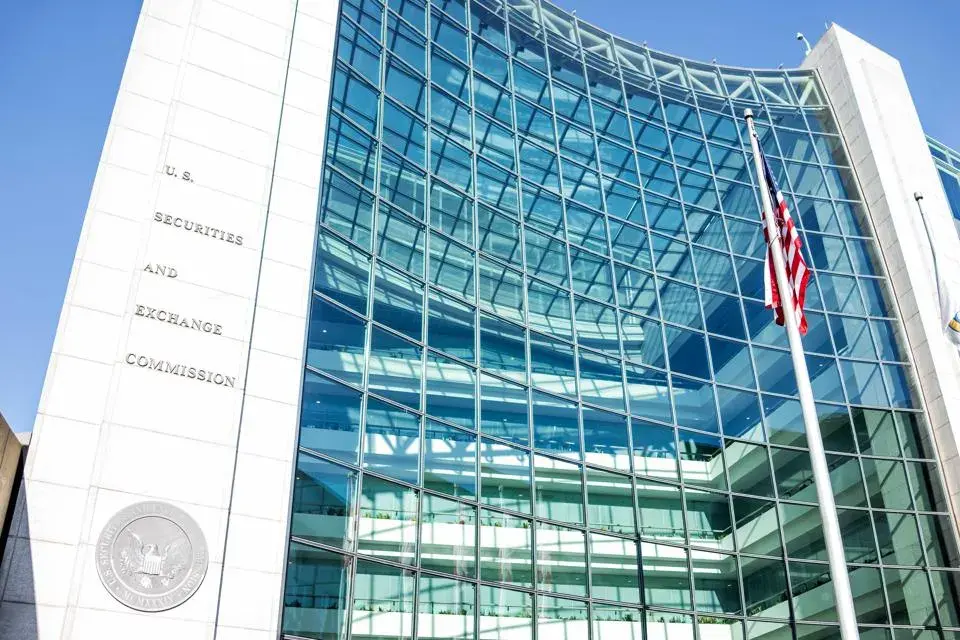The stage was set for a financial showdown of epic proportions. Two hundred Chinese companies faced the threat of being delisted from U.S. markets, a staggering $1 trillion in market capitalization was at risk, and the tension reverberated through the halls of Congress. But last week, in a dramatic turn of events, the crisis was averted. For now, at least, the delisting clock for Chinese companies has been paused for three years, signaling a temporary truce in a high-stakes standoff between U.S. regulators and their Chinese counterparts.
The Background: A Decades-Long Struggle for Transparency
The roots of this financial drama stretch back two decades to the formation of the Public Company Accounting Oversight Board (PCAOB) in the aftermath of the Enron scandal. Created as the "auditors' auditor," the PCAOB was tasked with ensuring that independent auditors perform their work with the highest level of diligence and skepticism. However, one group of companies remained beyond their reach—those audited by firms based in mainland China and Hong Kong, including the local affiliates of the "Big Four" global accounting giants.
For years, the SEC and PCAOB engaged in a frustrating dance with their Chinese counterparts, the China Securities Regulatory Commission (CSRC) and the Ministry of Finance. Despite repeated attempts to negotiate access, the Chinese authorities steadfastly refused, citing concerns over sovereignty. The situation reached a boiling point with the passage of the Holding Foreign Companies Accountable Act in December 2020, which set a three-year deadline for Chinese companies to comply with U.S. audit inspections or face delisting.
China Blinks: A Breakthrough in Negotiations
In a surprising move last summer, China agreed to allow the PCAOB unfettered access to inspect Chinese and Hong Kong-based auditors. This agreement included the ability to review audit working papers and conduct interviews with auditors without restrictions. This was a significant concession from China, and within weeks, a team of 30 PCAOB inspectors was on the ground in Hong Kong, ready to begin their work.
The success of these inspections was far from guaranteed. Initial concerns arose when the CSRC suggested they would "assist" in the interviews, raising fears that the PCAOB team might not have the free hand they needed. However, last Thursday, the PCAOB announced that the inspections had been a success. According to PCAOB Chair Erica Williams, the team received full cooperation, with access to complete audit work papers and the ability to conduct interviews without interference. This was a major victory for U.S. regulators, who had spent years trying to achieve this level of transparency.
A Win for U.S. Regulators, But the Story Isn’t Over
From the perspective of U.S. regulators, this outcome is a home run. The PCAOB managed to secure compliance on all the critical issues that had stalled negotiations for over a decade. Under the leadership of Williams, a former SEC litigator, the PCAOB has become increasingly rigorous in its inspections, unafraid to impose fines or revoke the licenses of auditors who fail to meet their responsibilities as gatekeepers to the capital markets.
However, Williams was careful to caution that the successful completion of the inspections should not be seen as a "clean bill of health." The inspections revealed a range of deficiencies that may be disclosed in future PCAOB reports. These reports typically give auditors time to address the issues before they are made public, but they serve as a reminder that the story is far from over.
What Does This Mean for Chinese IPOs?
With the immediate crisis averted, attention now turns to the future of Chinese companies in the U.S. capital markets. Hundreds of Chinese firms are eager to go public in the United States, ranging from multi-billion dollar "unicorns" to smaller companies seeking growth capital. The resolution of the audit dispute could pave the way for a surge in new listings on NASDAQ and the NYSE in the coming year.
However, investors should proceed with caution. While the PCAOB inspections were successful, several risk factors remain. First, it is unclear what specific issues the PCAOB uncovered during their inspections and whether these will undermine the credibility of China-based auditors or trigger investigations into the companies they audit.
Second, Chinese regulators still have much work to do. Over the past year, they have developed a new framework for regulatory approvals for companies seeking to list overseas. While this is a positive step, the process remains opaque, and no listings have been approved under the new system.
Finally, the SEC and NASDAQ remain wary of new listings from China. Earlier this year, several micro-cap IPOs experienced extreme volatility, with shares skyrocketing on listing day only to crash days later. These incidents have led NASDAQ to tighten its approval process for smaller IPOs and place certain underwriters under scrutiny.
Looking Ahead: The Potential for a China Comeback
Despite these challenges, there is potential for a resurgence of high-quality Chinese companies seeking to go public in the United States in 2023. With COVID lockdowns lifting across China and a backlog of companies eager to tap into the U.S. capital markets, the stage is set for a dynamic year ahead. However, investors will need to remain vigilant, carefully assessing the risks and opportunities as they navigate this complex landscape.
As the relationship between the U.S. and China continues to evolve, the resolution of this audit dispute offers a glimmer of hope that other contentious issues may also be resolved through pragmatism and mutual respect. For now, the door remains open for Chinese companies to access U.S. capital, but the road ahead will require careful navigation.













